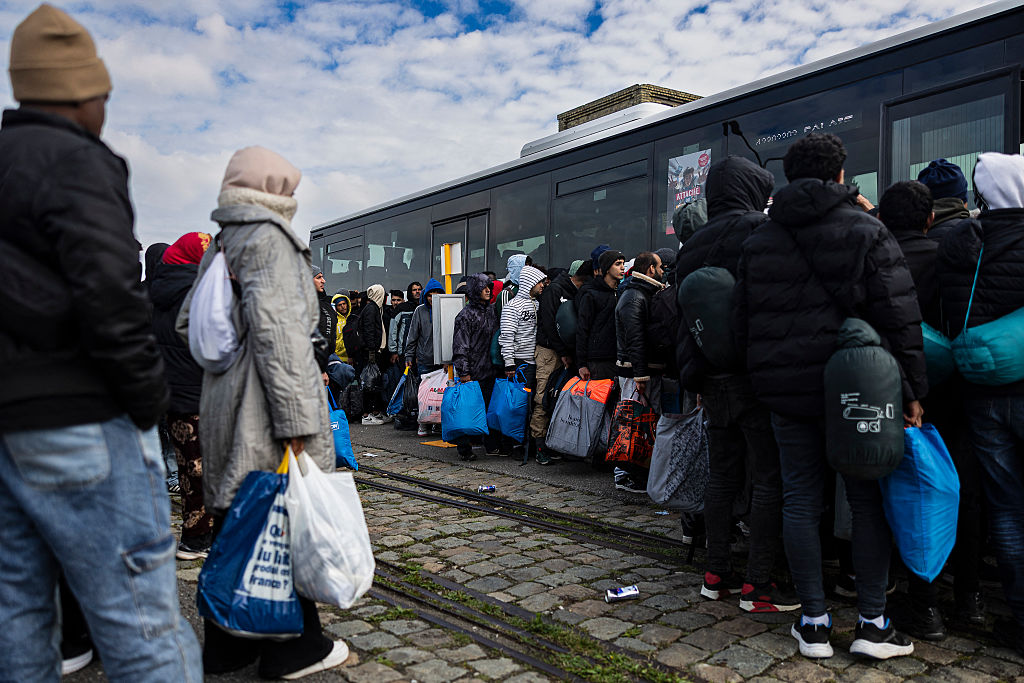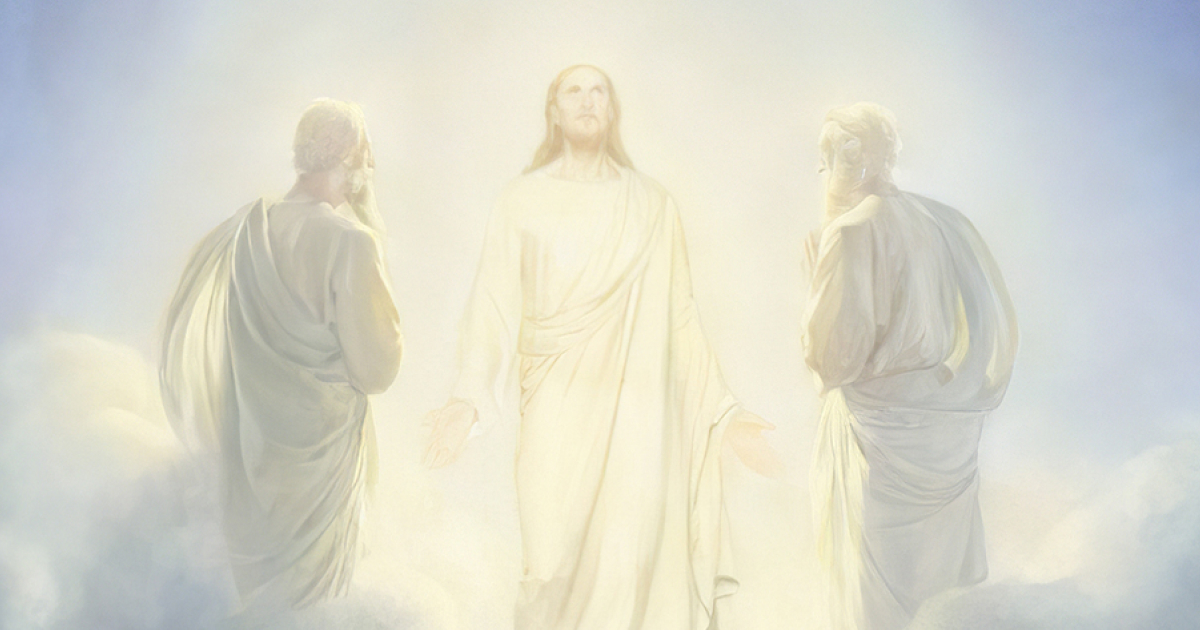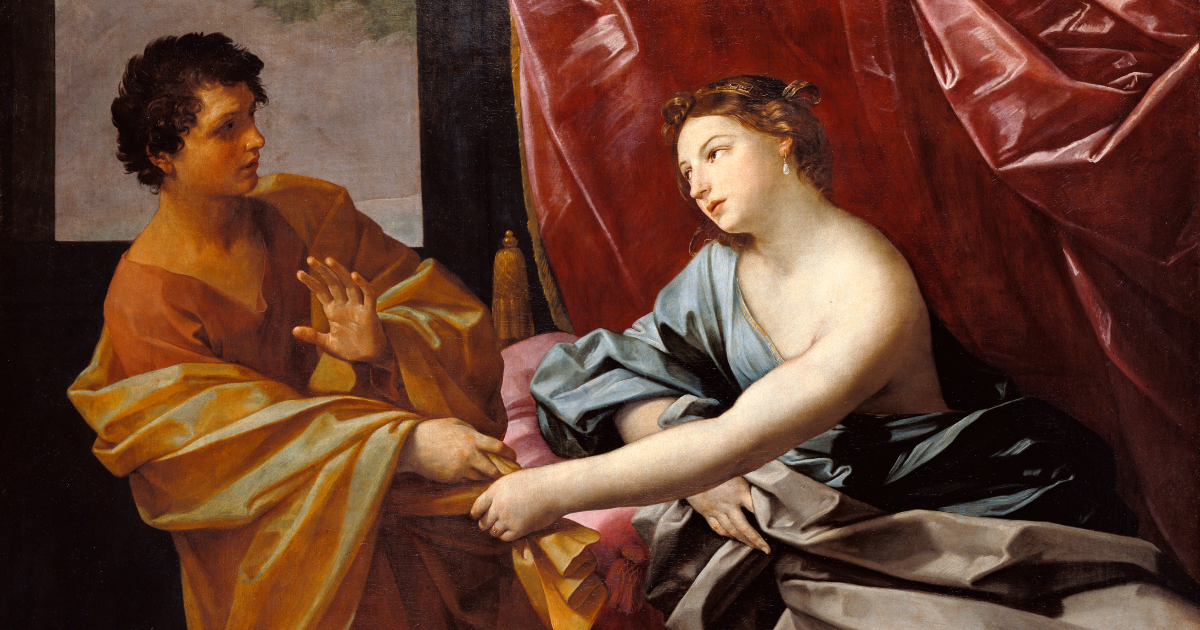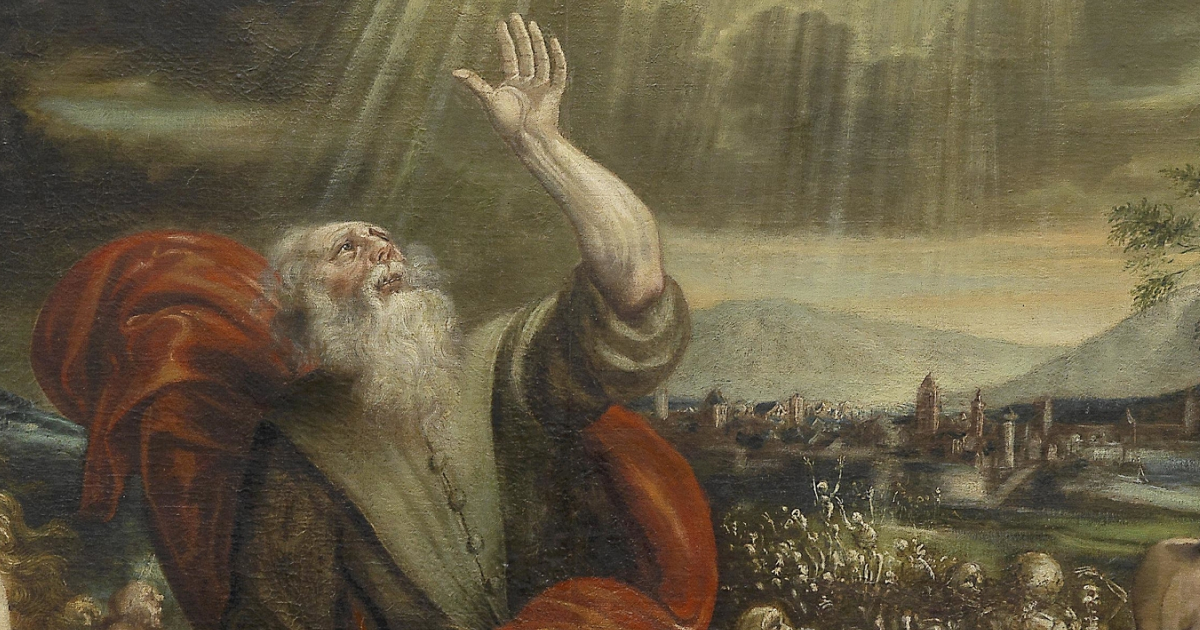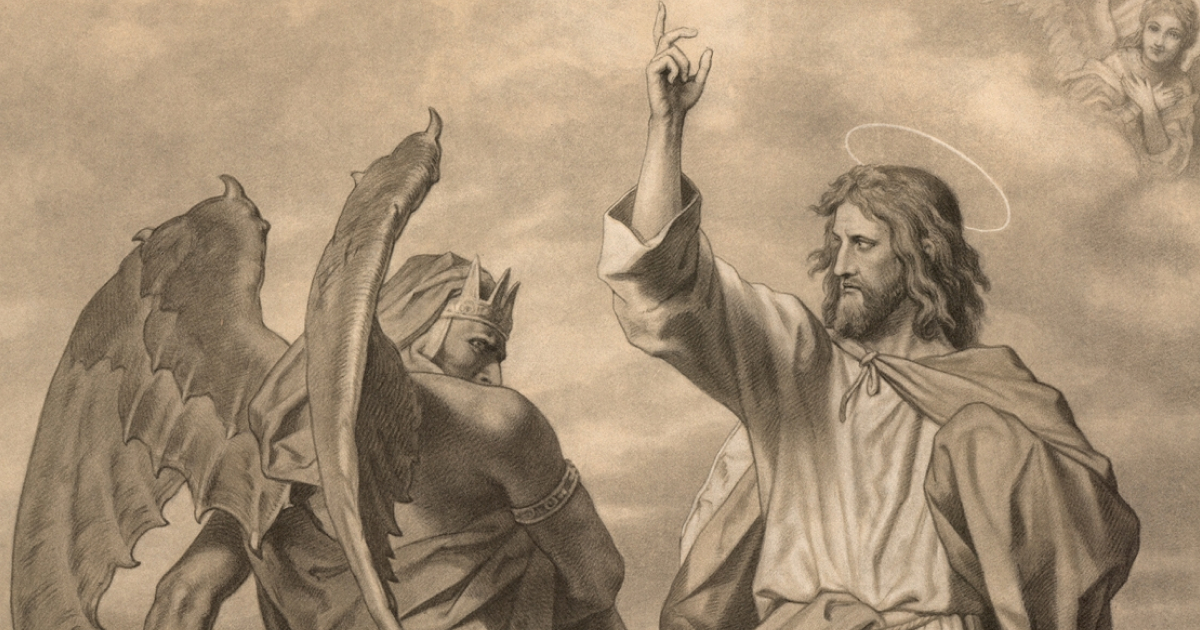When I studied at university in Durham, there was a visiting Dominican friar finishing his PhD. The more traditionally inclined among the Catholics who studied in that ancient cathedral city had a habit of turning to him for counsel on manifold matters. One such piece of mentorship this affable, stolid, clear-thinking and orthodox priest gave me has rung in my ears and remained relevant ever since.
His words may be invaluable to Catholics in the wake of Pope Leo XIV’s enthusiastic emphasis on welcoming migrants – something which can seem tone-deaf to pious Catholics in Europe, who feel under siege and see their communities blighted by crime and terror, and which has had quiet correction from Cardinal Gerhard Ludwig Müller.
My Dominican friar expounded that although we as Catholics are constrained by objective moral measures, there is still a remit within which a natural variance and difference of political opinion amongst us will be found.
He explained: think of a politician – this politician must attempt to serve the common good of the people who are entrusted directly to his care. That this must be his intention and aim is objective; he would risk falling into sin if it were otherwise. However, how this applies is a matter of prudential judgement.
One politician – a pious and good man and an informed economist – might believe a 17 per cent income tax rate is optimal for the prosperity of the country. Another might see the sorry state of the nation’s infrastructure crippling it, with the army severely underfunded as an enemy nation’s invasion appears to loom – so they opt to raise the income tax to 35 per cent.
This is not to say there is no truth, but that the results of different courses of action are not always visible and that, here, the decision-making process becomes most important. Morals are objective. But morals which apply to contingent circumstances are matters of prudence. Good and pious intention, with sincere if imperfect efforts to act according to the truth, matter most.
The Church is infallible; the Magisterium is infallible. The Pope may, under defined and narrow circumstances, also teach infallibly. But the Pope is not himself the Magisterium. His political advice is qualitatively different from his doctrinal instruction. Catholics owe him respect and docility as an authority, but not unthinking assent to his temporal recommendations – particularly when it comes to an issue like migration.
Pope Leo’s apostolic exhortation Dilexi Te has drawn attention for its stirring call to remember “the cry of the poor” and for its chapter on migrants, in which he recalls that “the Church has always recognised in migrants a living presence of the Lord who, on the day of judgement, will say: ‘I was a stranger and you welcomed me’”. The Pope urges Catholics to “welcome, protect, promote and integrate” those who cross borders.
These passages are perfectly in continuity with the Church’s long-standing concern for those uprooted and dispossessed. They remind us that every migrant, like every soul, bears the image of Christ. All quite true. But what is not emphasised is that so do our neighbours at home. A fetishisation of the “other” cannot lead to the neglect – even endangerment – of those whom we are already charged to protect.
Pope Leo’s prudential judgement leads him to think it more important to emphasise at this time care for the migrant – lest they be mistreated – and this is a legitimate concern. However, the judgements of other faithful Catholics, particularly those in the nations of Europe who have suffered greatly from the fallout of mass migration, perceive this as less primary in terms of what ought to be emphasised given the present climate.
Pope Leo does recognise the legitimacy of this other point of view. “There is a certain tendency,” he observed in a recent reflection, “not to appreciate enough, at various levels, models and values developed over centuries that mark our cultural identity, sometimes even presuming to erase their historical and human relevance. Let us not disdain what our forefathers lived through, and what they passed down to us.”
Here Leo acknowledges the moral tension of our age: that the Christian duty of charity must coexist with the moral duty of stewardship. To cherish one’s inheritance, to defend one’s community and its spiritual integrity, is not contrary to charity. It is a vital expression of it. Eating your meals and preserving the beautiful gift of your body is not decadence – if you starve yourself you will be no use to anyone.
Cardinal Müller supported this sentiment in his recent Il Giornale interview. “We must always treat our neighbours as brothers and sisters,” he said, “but states have every right to regulate illegal immigration and protect their own populations, perhaps from criminals arriving from other countries.”
The cardinal’s intervention, in which he lambasted the “ideology” of inclusion, provides a crucial counterbalance to Leo – a necessary stress on the other side of the moral equation. Charity, after all, cannot exist without justice, and justice begins with order. A society that is overwhelmed – materially, spiritually, culturally – loses the very capacity to welcome or to sustain the stranger, or to help its own.
When Pope Pius XII published Exsul Familia in 1952 – the document most often cited as the foundation of the Church’s teaching on migration – the world he addressed was very different. His emphasis was on receptivity to migrants. But emphasis is always shaped by context and prudence.
Europe then was a continent of refugees, its infrastructure shattered by war, its nations depopulated. Pius wrote: “Since land everywhere offers the possibility of supporting a large number of people, the sovereignty of the State, although it must be respected, cannot be exaggerated to the point that access to this land is, for inadequate or unjustified reasons, denied to needy and decent people from other nations, provided of course, that the public wealth, considered very carefully, does not forbid this.”
Those crucial qualifications – “provided … the public wealth, considered very carefully, does not forbid this” and the insistence that "needy" but also “decent" individuals should be afforded hospitality – anchor the whole teaching. Hospitality must be conditioned by prudence, by the real capacity of a nation to sustain and integrate newcomers without collapsing the civic and moral ecosystem that sustains it.
When Exsul Familia was written, the “overpopulated” country Pius XII cited was Japan, with a density of 246 people per square kilometre. He gave it as an example of a nation that oughtn’t accept massive numbers of migrants. England today stands at nearly double that, with around 434 people per square kilometre. Add to that a resurgent and sometimes militant Islam, the demographic implosion of Christian Europe, and the ideological corrosion of its institutions, and one begins to see how the question of migration today is morally distinct from that of 1952.
Thus, Catholics who are opposed to mass migration are not rebelling against the Church’s teaching – nor necessarily bearing malice towards migrants themselves. They are simply applying it to new circumstances with due prudence. They recognise that while the moral command to love the stranger is immutable, the political means by which that love is expressed depend on context.
It is here that the Dominican friar’s counsel becomes more than an academic memory; it becomes a key to the entire Catholic understanding of moral diversity. Catholics, he insisted, may differ – even strongly – in their political conclusions, provided their intention is rightly ordered to the common good.
So it is within the Church today. What appears to be conflicting views – between a pope who emphasises mercy and a cardinal who insists on order – are in truth differences of emphasis within a shared moral horizon. One man sees most acutely the cry of the migrant; the other feels most urgently the exhaustion and plight of the host. Both are right, in part, because both perceive different aspects of the same human drama.
The Catholic world is large enough to hold such tensions. Indeed, it must. The Pope’s insistence on charity toward the stranger does not negate Müller’s defence of national sovereignty; nor does Müller’s realism about borders undermine the Pope’s call to compassion. They are two emphases within the same faith, two notes in the same moral symphony – though depending on the circumstances, it may be more important to hear one, as the other threatens to drown it out.
This is why Müller, former head of the Congregation of the Doctrine of the Faith, provides such an important voice in the Church today, when all of the emphasis appears to go the opposite way.
Photo: Migrants line up to board a bus heading to their departure points in Gravelines, northern France, 26 September 2025 (Photo by SAMEER AL-DOUMY/AFP via Getty Images)





